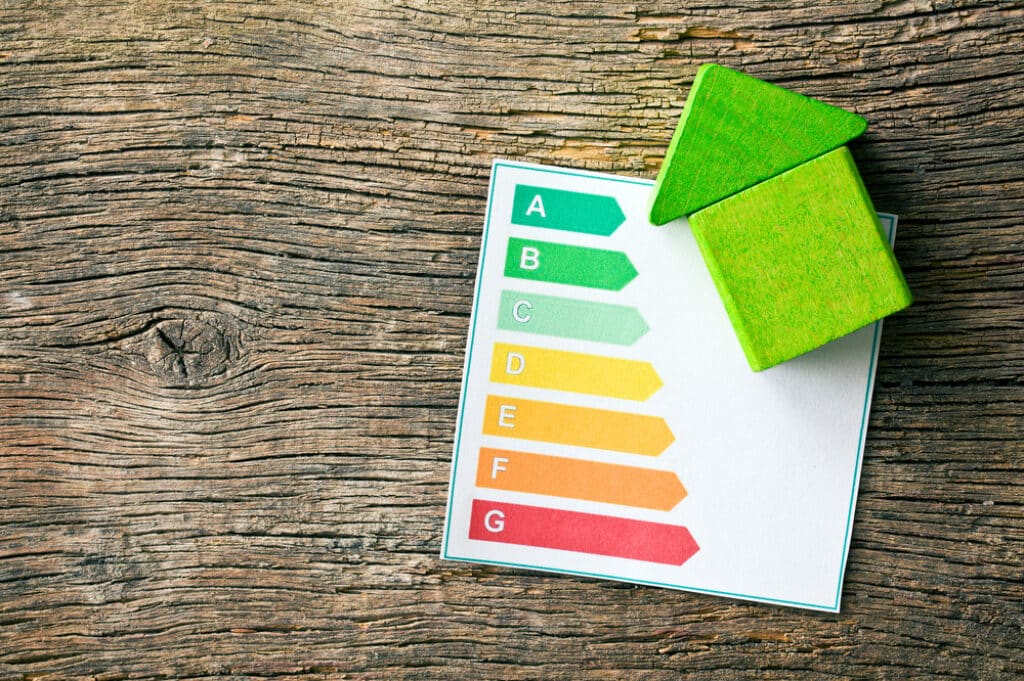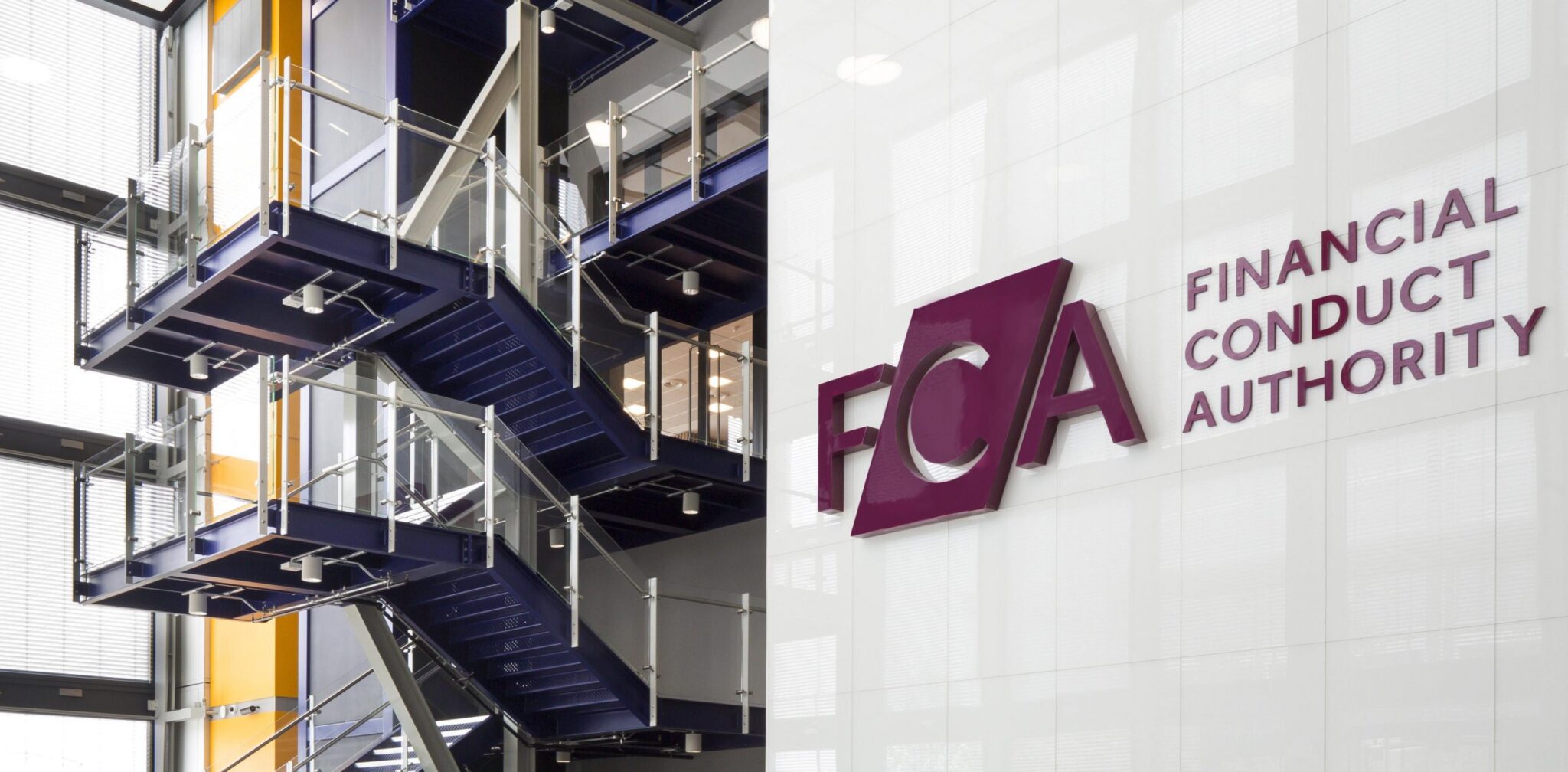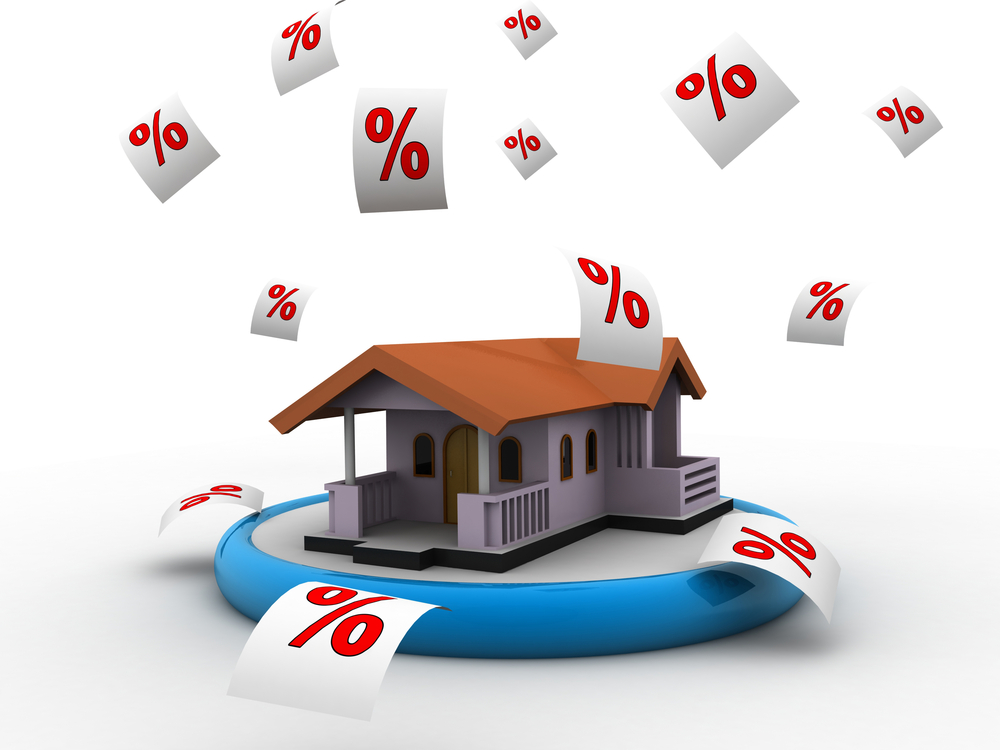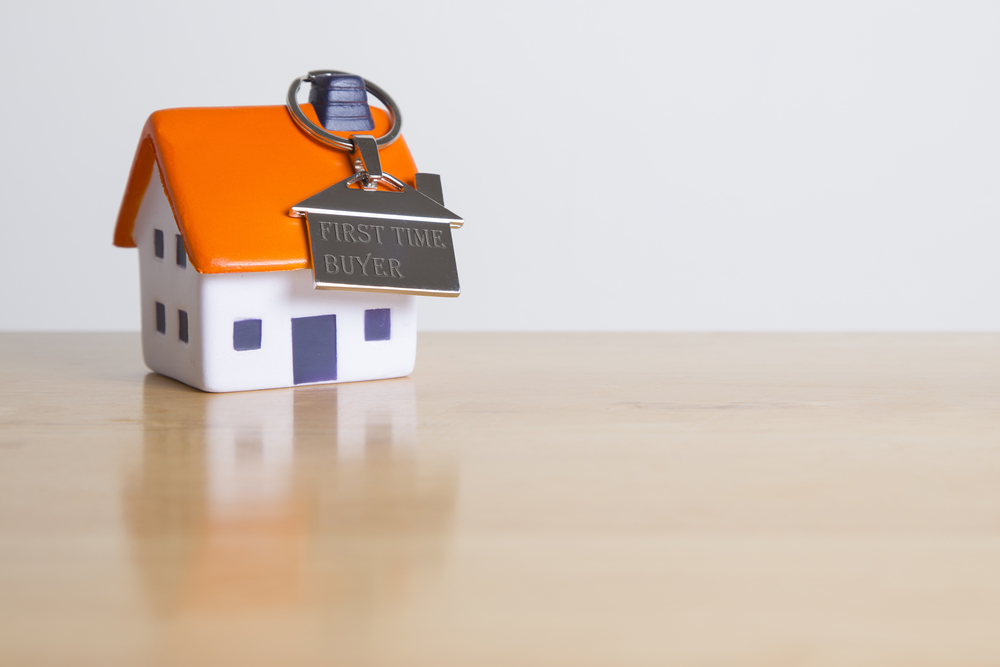Homeowners who want to improve the energy efficiency of their properties will benefit from higher-quality advice and services following the launch of a set of standards from the trade body of surveyors.
The Royal Institution of Chartered Surveyors (RICS) has launched its Retrofit Standard, which it says will ‘revolutionise’ current retrofitting practices, which will move the country closer to its goal of achieving net-zero carbon emissions while providing homeowners with better advice and services.
Retrofitting refers to making energy-efficient home improvements to older homes that may be draughty or do not benefit from features such as insulation or modern efficient heating systems.
The goal of any retrofit project carried out by a RICS member is to improve the energy efficiency of the home and improve the wellbeing of the person living there.
Retrofit improvements can range from identifying and repairing defects in the home that need to be rectified before energy-efficiency improvements can be made to improving levels of insulation, airtightness and the supply of ventilation to the property.
Other measures include managing moisture in the property, installing efficient heating and cooling systems and providing efficient water heating and lighting systems.
The standards, which come into effect from 31 October, were written by a team of retrofit experts following an eight-week consultation period.
Under the new regime, RICS members must work within a framework to ensure they give the best advice to homeowners on retrofit options. It has been designed to support surveyors and provide assurance to both consumers and lenders.
The energy efficiency of our homes has increased in importance among buyers and sellers, according to a RICS survey carried out in January.
Just less than 40% of surveyors said they had seen an increase in demand for homes that were more energy efficient than equivalent properties compared to 34% in June last year.
Meanwhile, 26% of surveyors said buyers had highlighted poor energy efficiency as a reason for making an offer below the asking price, compared to 23% in the previous year.
‘Market need’ for a standard ‘that facilitates quality, reliability and consistency’
Under the standards, which include mandatory and recommended requirements, surveyors must:
- Have a clear understanding of their customer’s needs, including their method of funding the project, especially if publicly funded, and their budget.
- Have the appropriate knowledge, particularly of the property type and locality, understanding, competence, skills and experience to provide the agreed service.
- Ensure potential customers understand the nature of and differences between the service and service roles offered so they can make an informed choice.
- Ensure that full details of the terms of engagement have been agreed with the customer before the service is delivered.
Paul Bagust, RICS head of property practice, said: “As homeowners increasingly look to explore ways to retrofit their homes to improve energy performance, it is critical that advice is given by a highly qualified professional.
“It is clear, especially from the results of the extra questions added to our monthly residential survey, that there is a market need for a standard that facilitates quality, reliability and consistency, and the RICS Retrofit Standard does just that.”
RICS noted a positive shift in buying and selling activity in the housing market in February.





